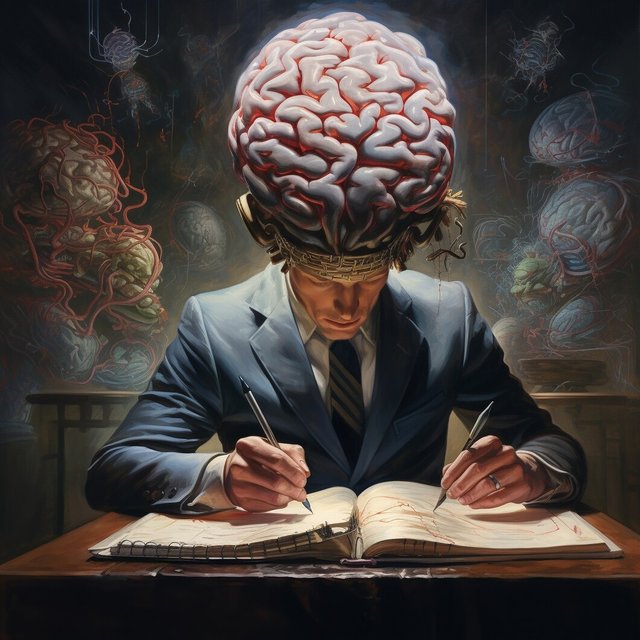Frustration Explained
A subject known as the psychology of frustration is all about what happens in the mind and their physical selves when expectations are not fulfilled. Enhancing this concept are brain regions like ACC and amygdala and they form the core focus of this study. The ACC supports cognitive error signaling and affect regulation, whereas the amygdala supports subjectively experienced emotional reactions and does so by computing and signaling fear and anger. The prefrontal regions are involved in decision making and when this is hindered then these parts of the brain gets activated and this leads to frustration.

In as much as frustration is a normal emotion to experience once in a while, chronic frustration is known to interfere with one’s well-being and can result to stress, anxiety, and even depression. The body has a stress response mechanism that includes hormones such as cortisol, which is on the elevated side in most of us and contributes to various physical health problems in the long run. Additionally, frustration influences decision-making. Since the desires of a frustrated person will not be met, they are likely to make illogical decisions as they continue to make poor decisions thus leading to a cycle of failure.
Frustration as a cognitive phenomenon should be understood in terms of its mechanism, so one can learn how to deal with it. It can also be said that through employing various practices like mindfulness, CBT, and stress-reducing methods, work-related negative impact might be diminished, leading to enhanced individual’s emotional capital.
